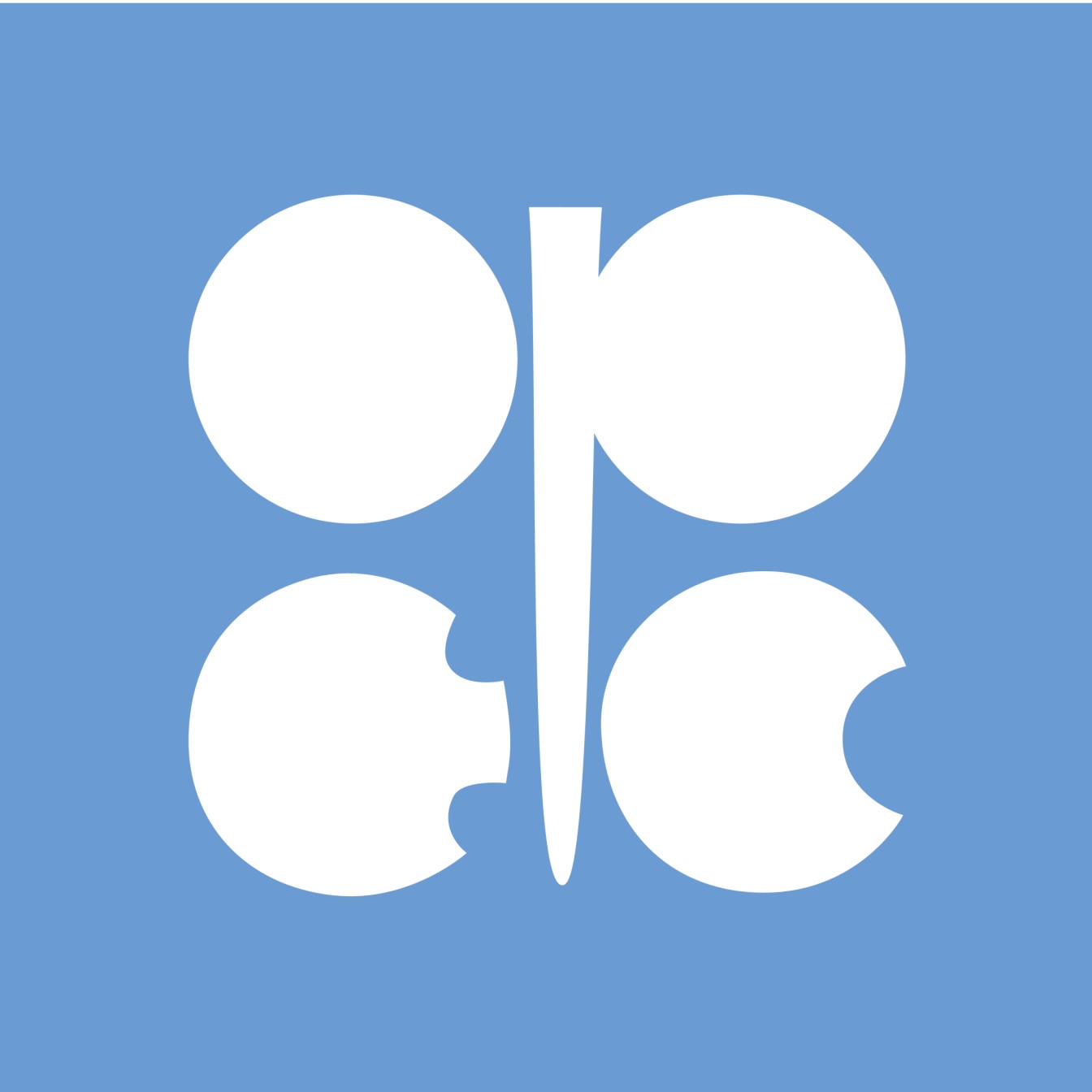
The Organization of the Petroleum Exporting Countries (OPEC) ended its meeting in Vienna Friday by noting that the cartel and its oil-producing partners have been successful in draining 170 million barrels of oil from the world’s stockpiles and that the producers need to stay the course in order to reach their goal of a rebalancing of the world’s oil market.
The meeting did not produce an extension to the agreed period of the production cuts. Originally the 1.8 million barrel per day cut was scheduled to last until the end of this year. The period was later extended through the first quarter of 2018.
Brent crude for December delivery traded above $56 a barrel Thursday, its highest level since February and up more than 25% since June, according to Bloomberg News. Compliance with the production cuts recently has been at or above 100% after a rocky start.
The cartel and its partners continue to keep a close watch on U.S. production, and especially, U.S. exports. Hurricane Harvey dented both recently, but domestic crude oil production reached more than 9 million barrels a day in the Lower 48 states last week and exports totaled 928,000 barrels a day. Exports of refined products (gasoline, diesel fuel, etc.) rose to nearly 4.5 million barrels a day last week. Crude oil exports have risen nearly 60% year over year and product exports are up 17%.
As the peak season for demand ends, more U.S. crude and other products become available for export. The International Energy Agency has encouraged OPEC and its partners to extend the cuts or the market will once more return to an oversupply condition.
OPEC’s concern is that it could lose market share to U.S. producers if the cartel extends its production cuts for too long. The meeting in Vienna also failed to put a cap on production from Libya and Nigeria, two OPEC members that have been exempt from quotas but where the political situation has — for now — shown some stability, leading to sharp increases in production.
The futures market is moving in the right direction for OPEC, however. Current Brent spot prices are higher than future prices going out for the next 12 months, a market condition known as backwardation. The market for West Texas Intermediate has not caught up yet as future prices remain higher than current spot prices (called contango). Speculative buying is probably responsible for the backwardation in Brent, and if speculators lose faith in OPEC’s determination to maintain production cuts to drive prices toward $60 a barrel, the Brent market could move back into contango with the effect of once more lowering prices.
Travel Cards Are Getting Too Good To Ignore
Credit card companies are pulling out all the stops, with the issuers are offering insane travel rewards and perks.
We’re talking huge sign-up bonuses, points on every purchase, and benefits like lounge access, travel credits, and free hotel nights. For travelers, these rewards can add up to thousands of dollars in flights, upgrades, and luxury experiences every year.
It’s like getting paid to travel — and it’s available to qualified borrowers who know where to look.
We’ve rounded up some of the best travel credit cards on the market. Click here to see the list. Don’t miss these offers — they won’t be this good forever.
Thank you for reading! Have some feedback for us?
Contact the 24/7 Wall St. editorial team.




